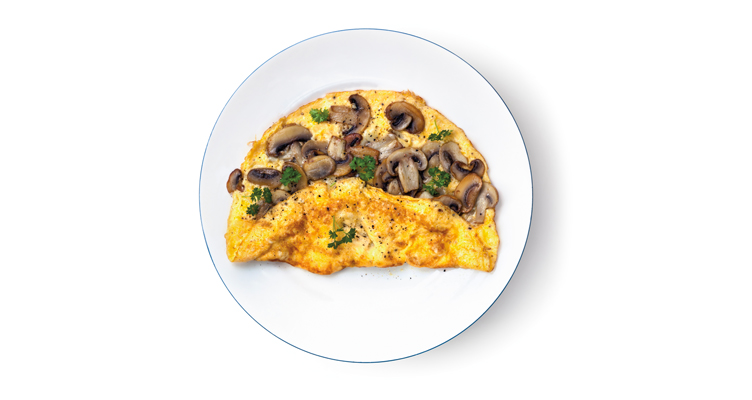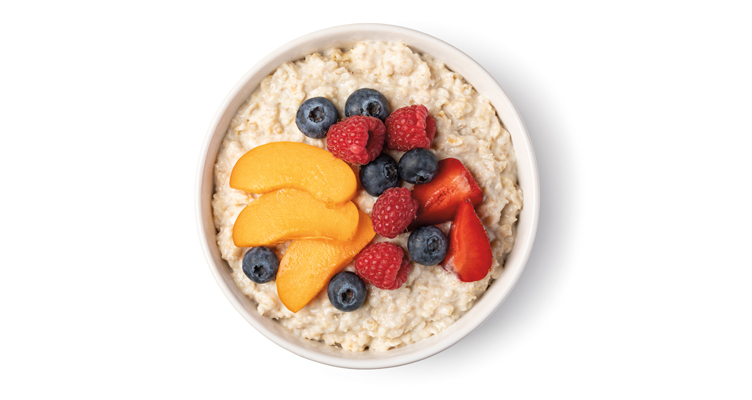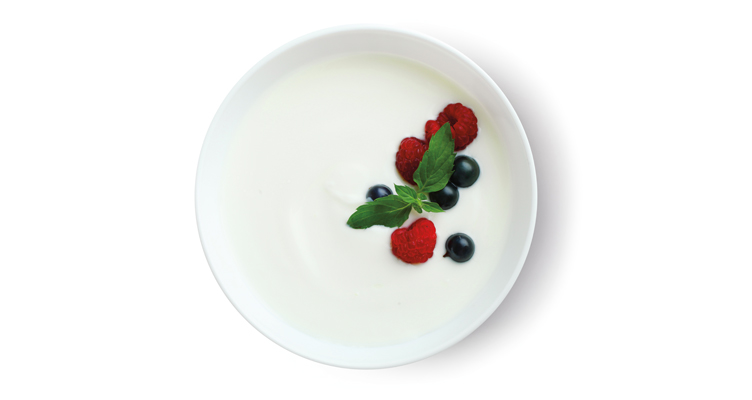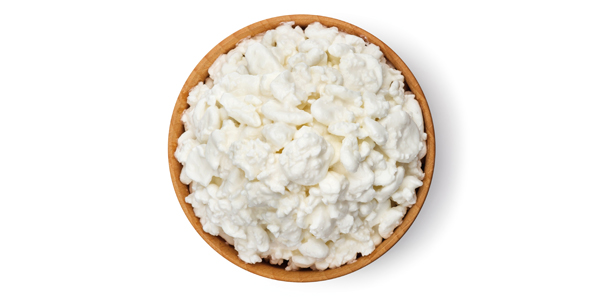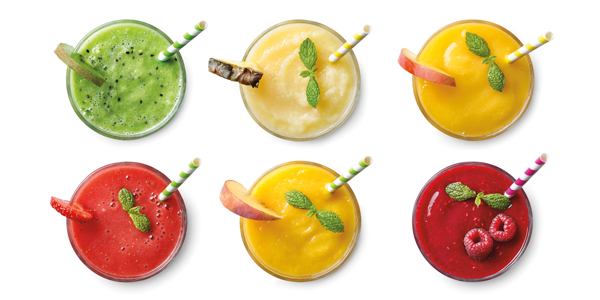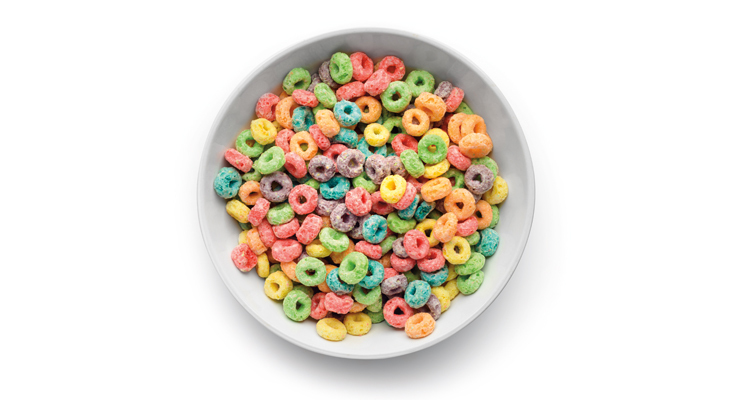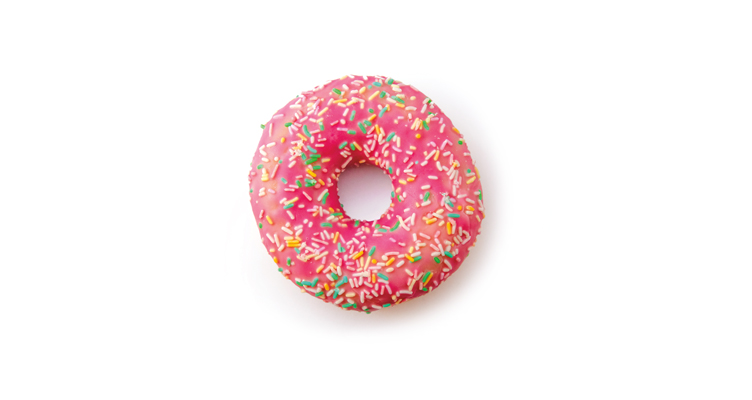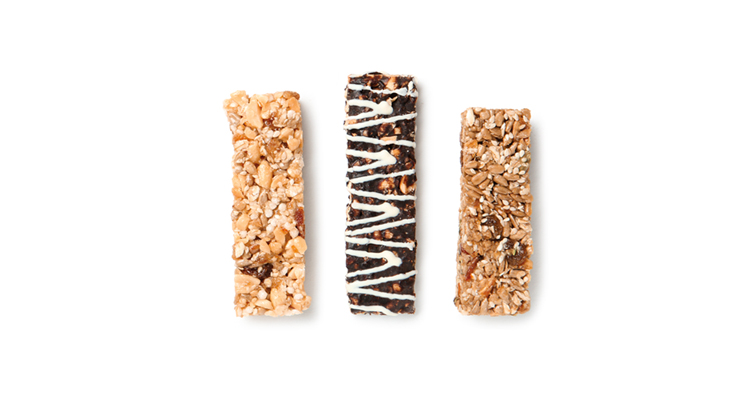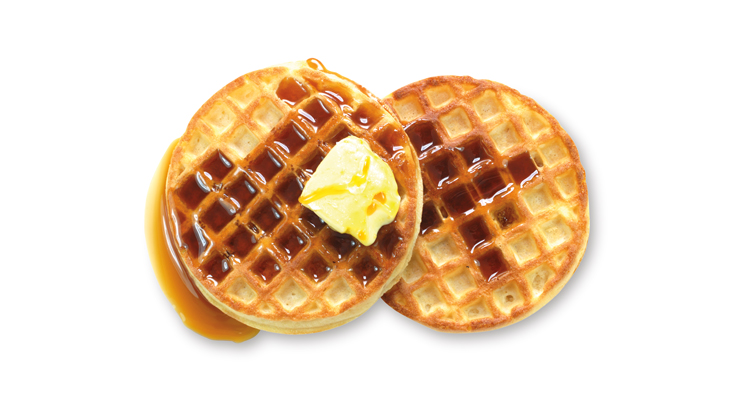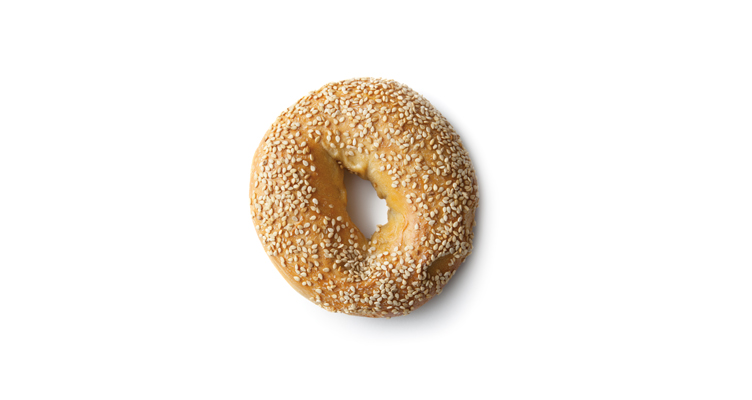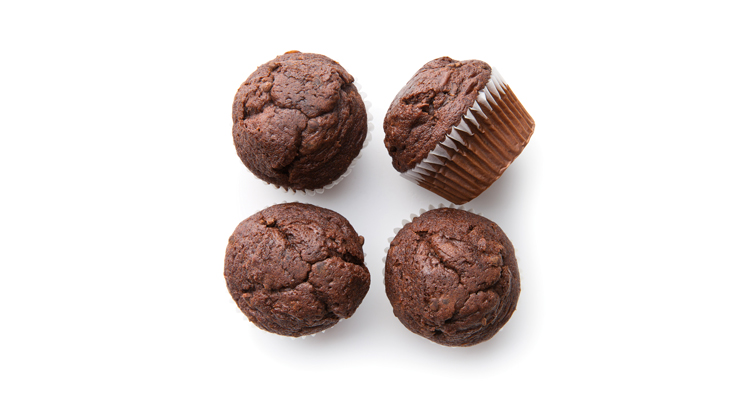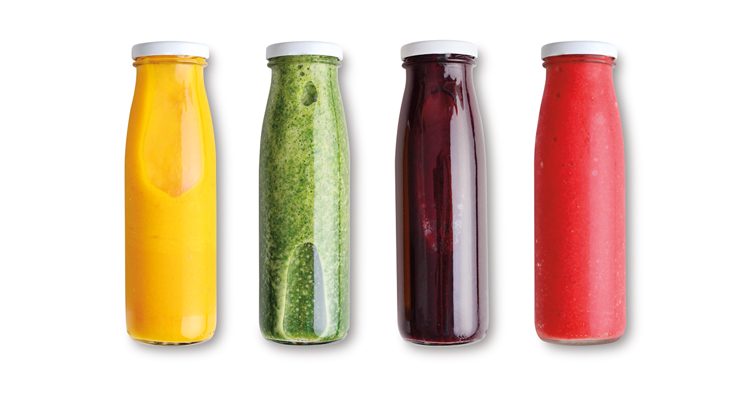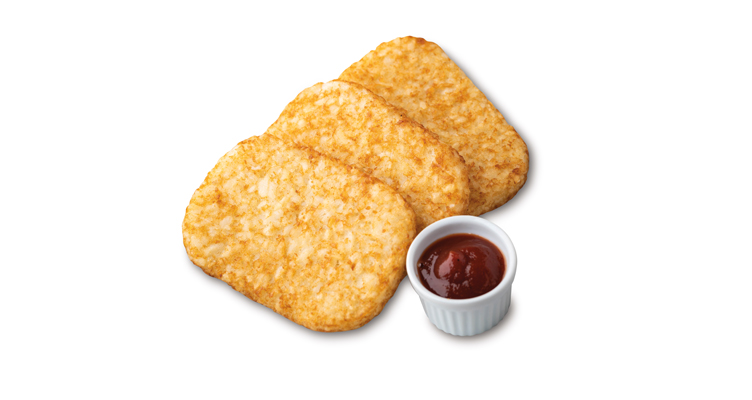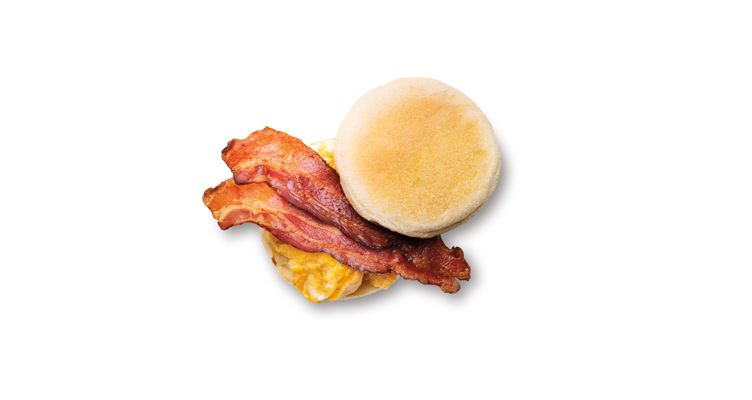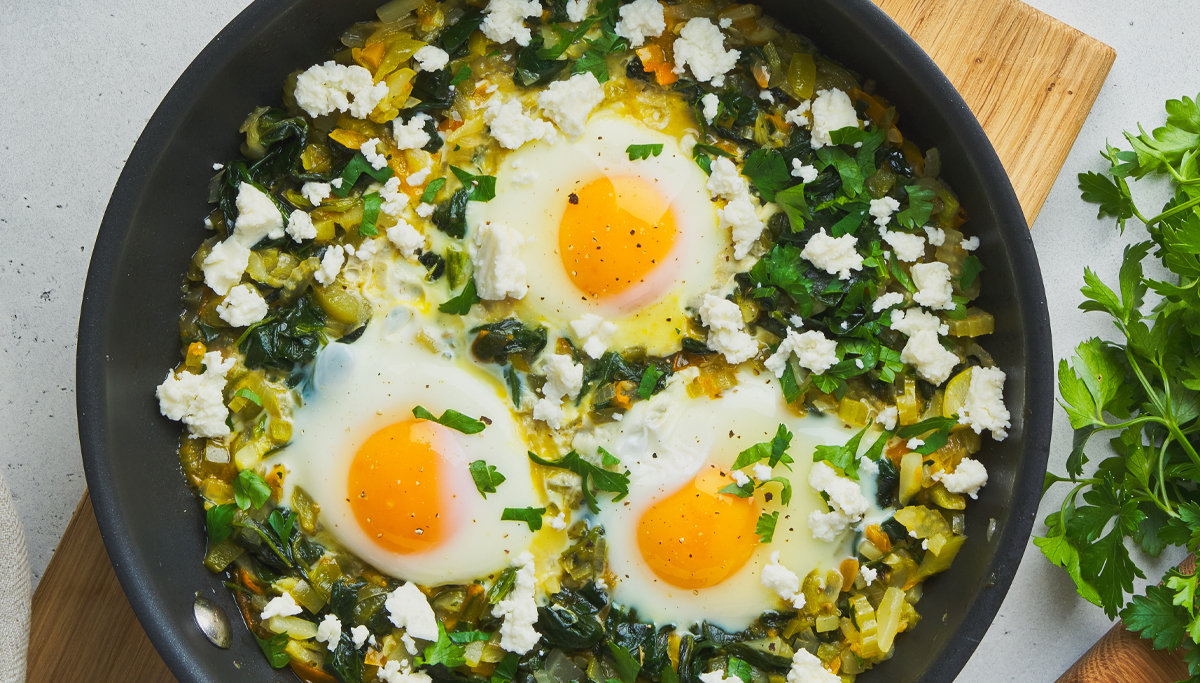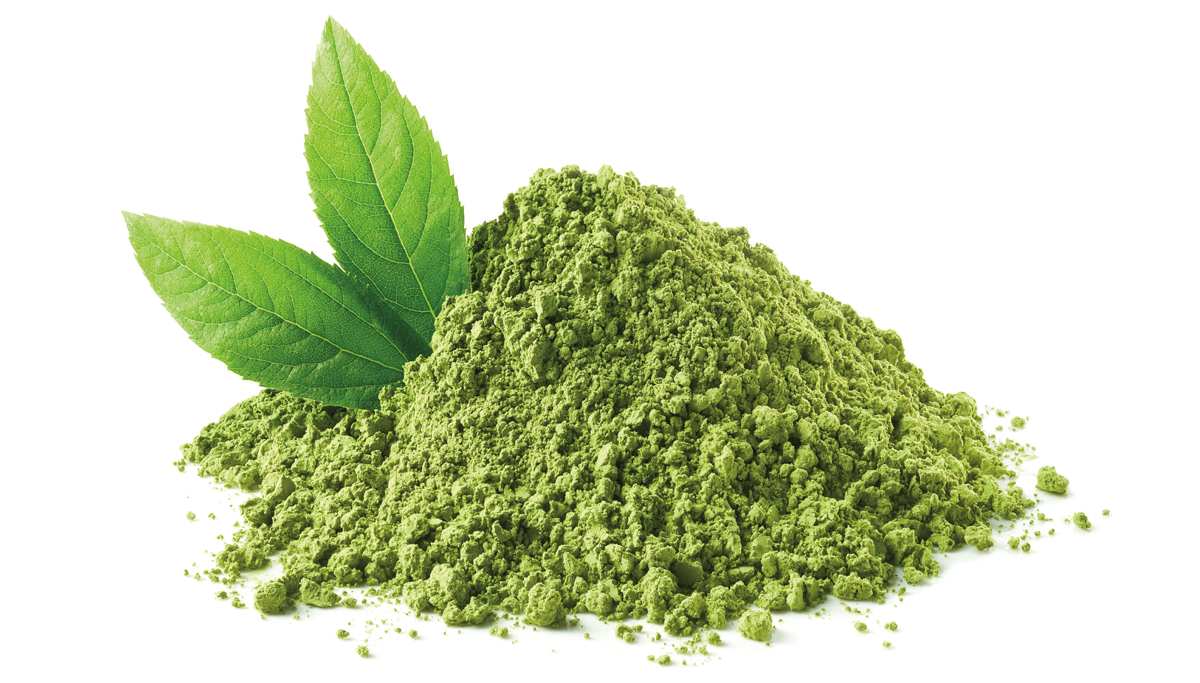Studies show that a healthy breakfast can be helpful for:
Build a better breakfast
Why is breakfast so important? It’s been said so often that breakfast is the most important meal of the day that it's become a cliché. However, there are many reasons why it may very well be true.
After all, when you eat breakfast — especially a meal that’s high in protein and fiber — you'll feel more full until lunchtime. This makes it much less likely you’ll overeat at lunch or eat too many unhealthy snacks throughout the day.
-

Maintaining a healthy weight
-

Increasing energy
-

Staying alert, focused and happy
-

Reducing risk of diabetes and heart disease
-

Lowering levels of bad cholesterol
One study showed that people who skipped breakfast four to five days a week had a 55% increased risk of type 2 diabetes.1
Kids need breakfast, too.
Children who eat a nutritious breakfast are more likely to be focused, have more energy and score higher on tests than children who skip this important meal.2
Like adults, kids who skip breakfast are more likely to eat poorly later in the day and have more body fat than children who eat breakfast daily. Eating cavity-causing junk food to fill up after skipping breakfast is bad for children’s and adults’ teeth and overall health.
What should be on the morning menu?
When you reach for nutritious choices that contain plenty of protein and fiber, you’ll stay full longer and benefit from better overall health and a healthier smile.
Build a better breakfast with these healthy foods:
Eggs are packed with antioxidants and can help prevent eye disorders, and improve brain and liver health.
The protein and phosphorous in eggs help protect your teeth’s enamel.
Serving suggestion: Make an omelet or breakfast burrito with a whole-grain tortilla filled with nutritious veggies and calcium-packed cheese.
Oatmeal contains a unique fiber that not only makes you feel full but also helps lower cholesterol.
Oats are packed with vitamins and minerals, including B vitamins, iron and zinc that help prevent mouth sores, inflammation, gum disease and cavities.
Serving suggestion: Fruit, nuts and milk all make mouth-friendly additions to your oatmeal.
Greek yogurt has more protein than regular yogurt and is a great source of probiotics to boost your immune system.
The calcium and phosphorus in Greek yogurt work together to strengthen your teeth.
Serving suggestion: Choose a low-sugar version and sweeten it naturally with cinnamon and fruit. Top with antioxidant-rich chia seeds.
Produce is a good choice for your smile any time of day. It not only makes a great addition to other dishes but you can also create delicious breakfast bowls centered on fruits or vegetables.
Don’t skip breakfast but do skip these choices:
Many breakfast staples are frequently laden with calories and cavity-causing sugars and starches but low in filling fiber and protein, including:
Get your day off to a nutritious start with our tasty green shakshuka recipe.
1The Journal of Nutrition
2National Library of Medicine, The Effects of Breakfast and Breakfast Composition on Cognition in Children and Adolescents: A Systematic Review




